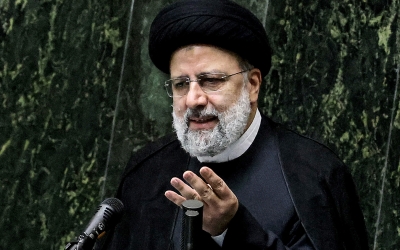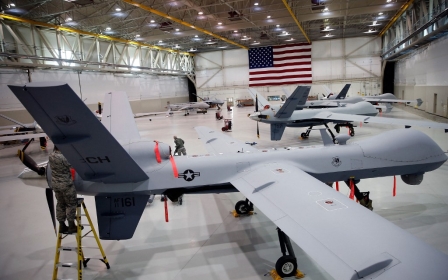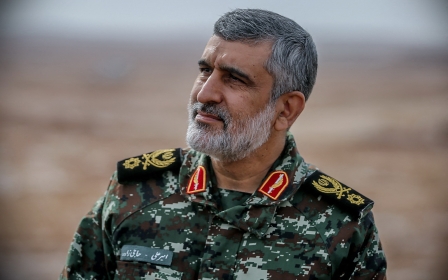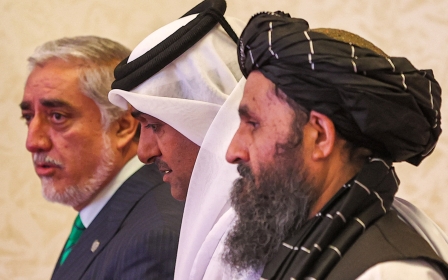Iran to allow nuclear watchdog to service surveillance equipment after talks
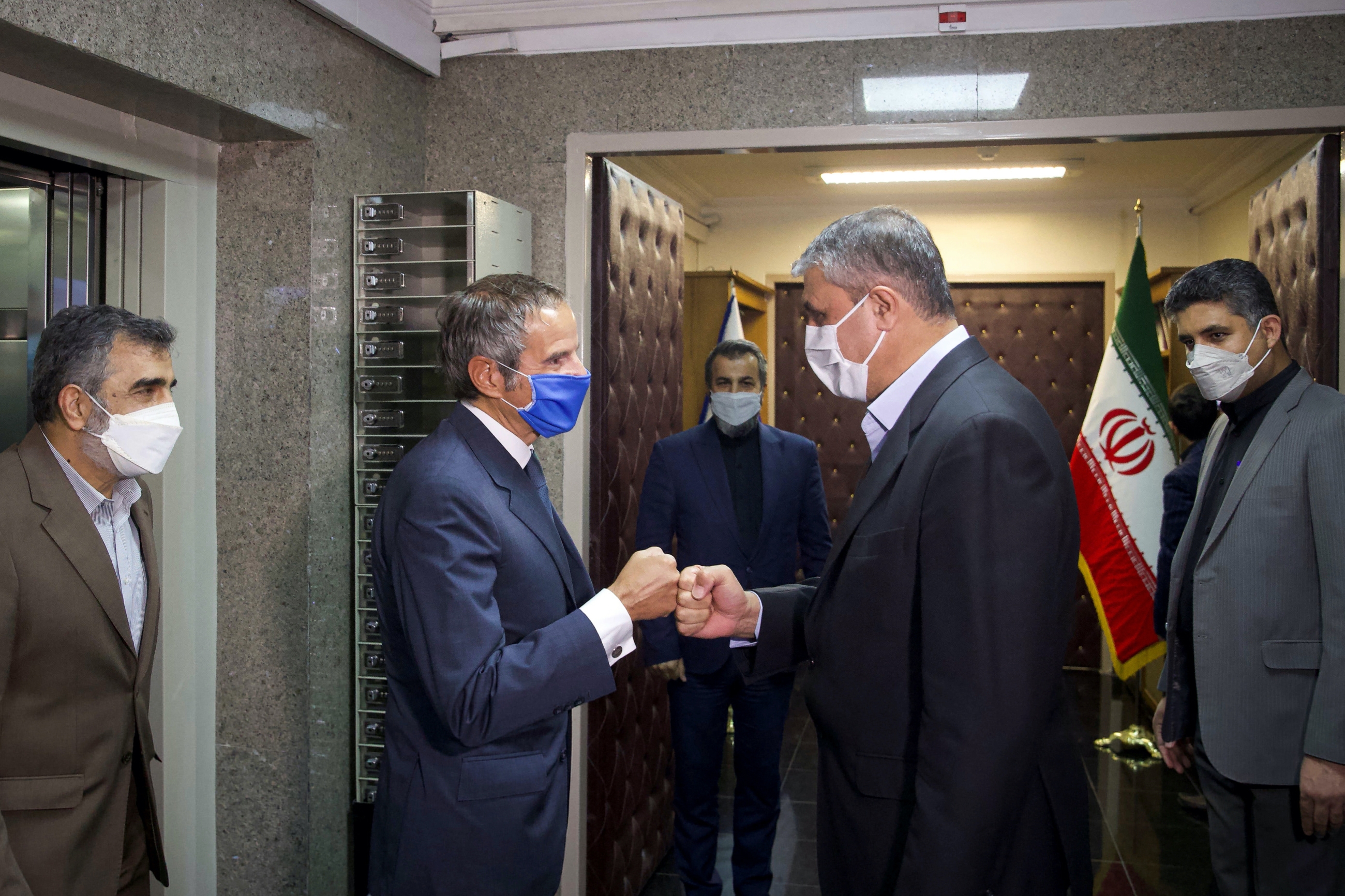
Iran has agreed to allow the UN nuclear watchdog to service monitoring cameras at Iranian nuclear sites after talks on Sunday with International Atomic Energy Agency (IAEA) chief Rafael Grossi, according to the head of Iran's atomic energy body and a joint statement.
The talks were aimed at easing a deadlock between Tehran and the West just as it threatens to escalate and obstruct negotiations on reviving the 2015 Iran nuclear deal.
After then-US president Donald Trump withdrew from the deal in 2018 and re-imposed harsh economic sanctions, Tehran responded by breaching many of the agreement's core restrictions, such as enriching uranium to a higher purity, which makes it closer to that suitable for use in nuclear weapons.
The IAEA said this week that there had been no progress on two sticking issues: explaining uranium traces found at old, undeclared sites and getting urgent access to monitoring equipment so the agency can carry on with tracking Iran's nuclear programme as per the deal.
"We agreed over the replacement of the memory cards of the agency's cameras," Mohammad Eslami, who heads the Atomic Energy Organization of Iran (AEOI), was quoted as saying by state media.
"IAEA's inspectors are permitted to service the identified equipment and replace their storage media, which will be kept under the joint IAEA and AEOI seals in the Islamic Republic of Iran," the nuclear bodies said in a joint statement.
Returning from his trip to Tehran, Grossi told reporters at Vienna airport that the agreement was intended to "give space for diplomacy ... so that wider solutions can be reached".
Separately, indirect talks between the United States and Iran on both returning to adhering to the agreement have been halted since June. Washington and its European allies have been urging Iran's recently elected hardline President Ebrahim Raisi's administration to return to the talks.
Grossi's visit comes ahead of the 13-17 September meeting of the IAEA's 35-nation board of governors, when western powers must decide whether to push for a resolution criticising Iran and raising pressure on it. Such a resolution could threaten the resumption of the nuclear talks.
Middle East Eye delivers independent and unrivalled coverage and analysis of the Middle East, North Africa and beyond. To learn more about republishing this content and the associated fees, please fill out this form. More about MEE can be found here.


